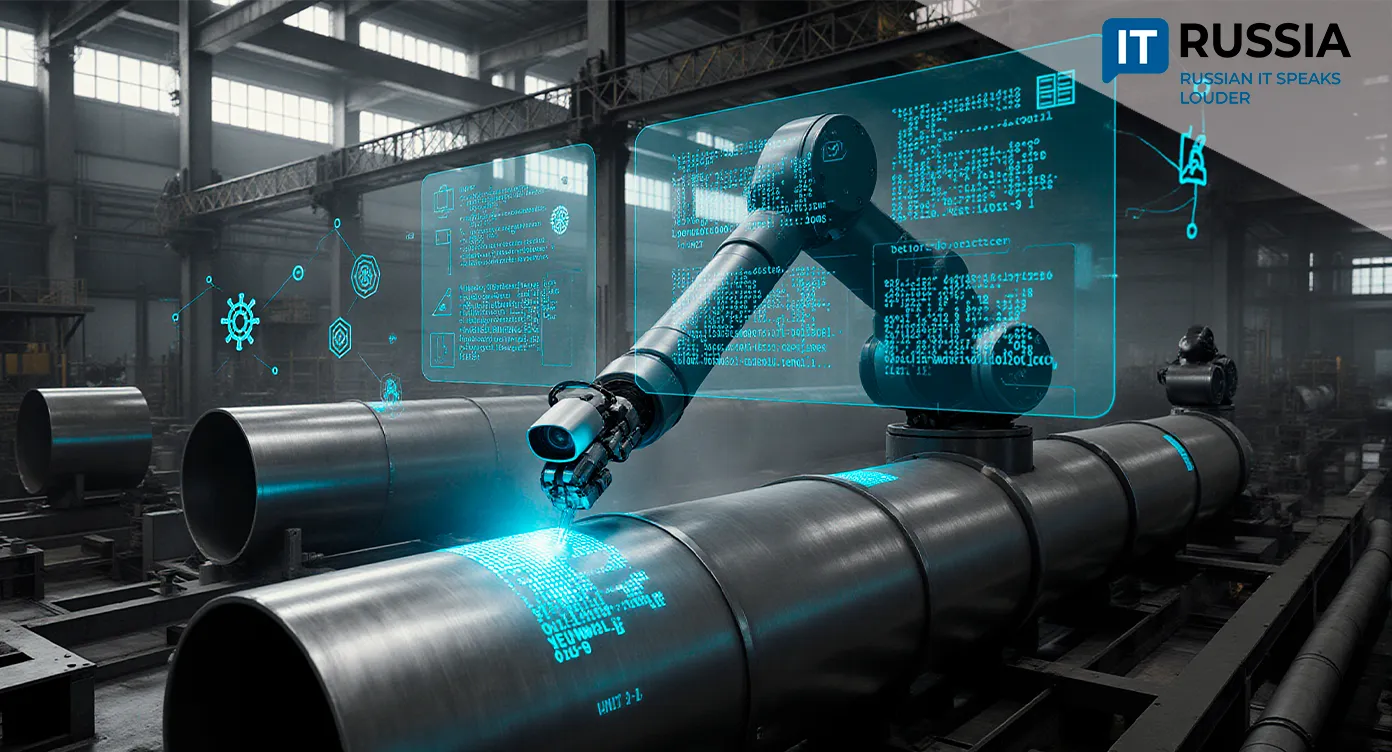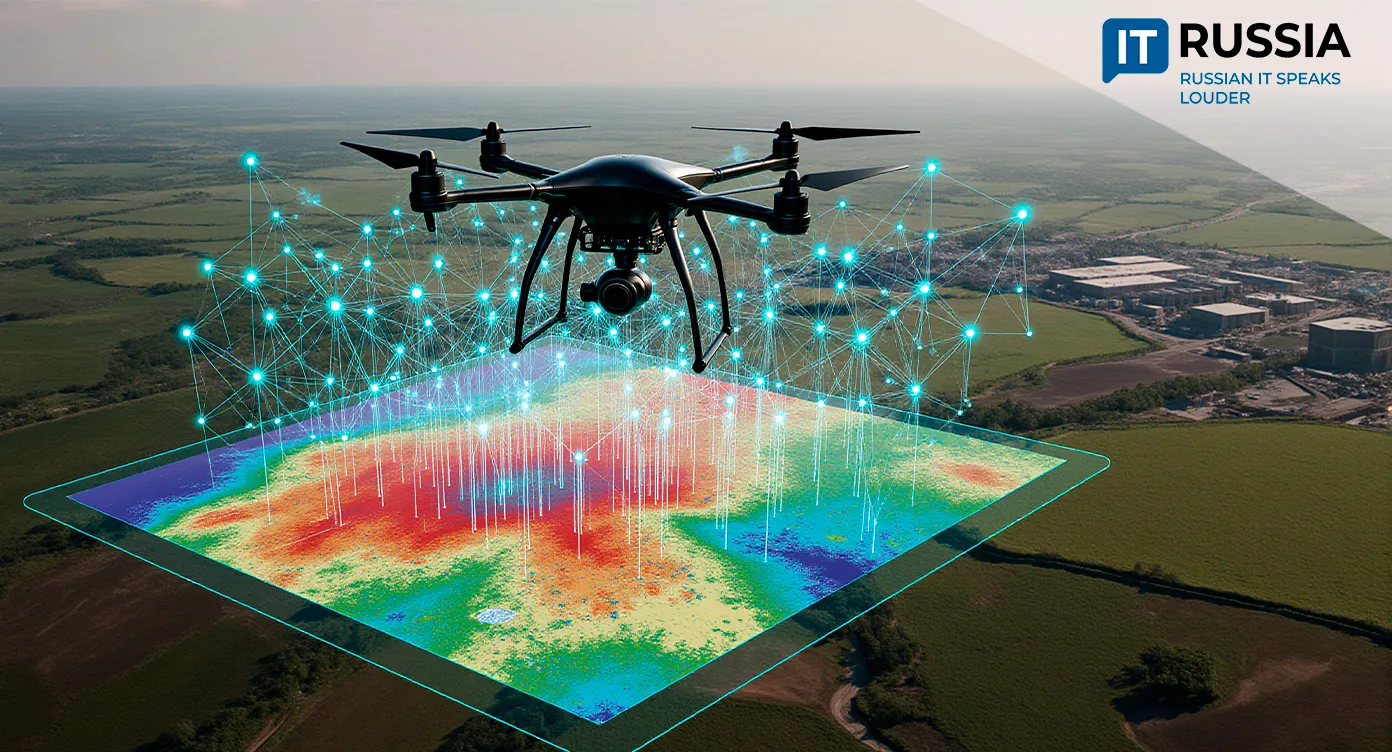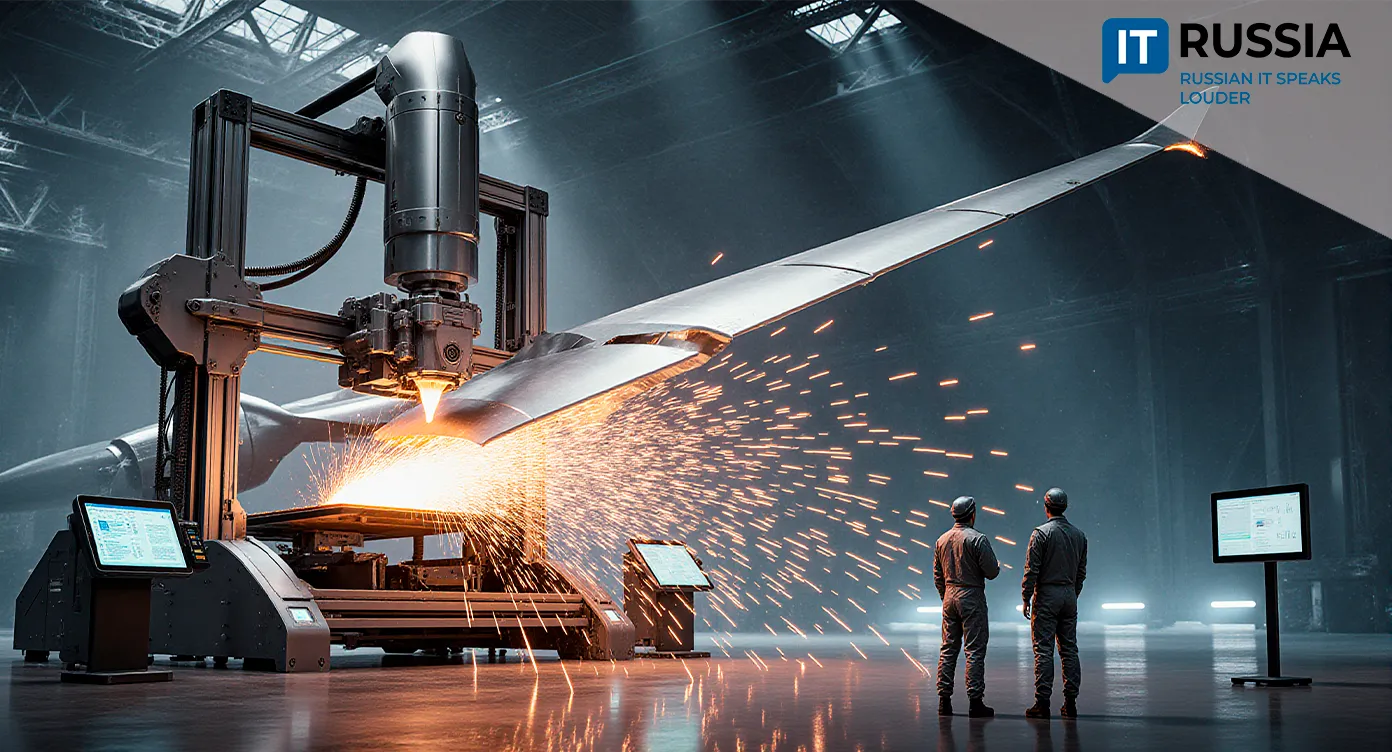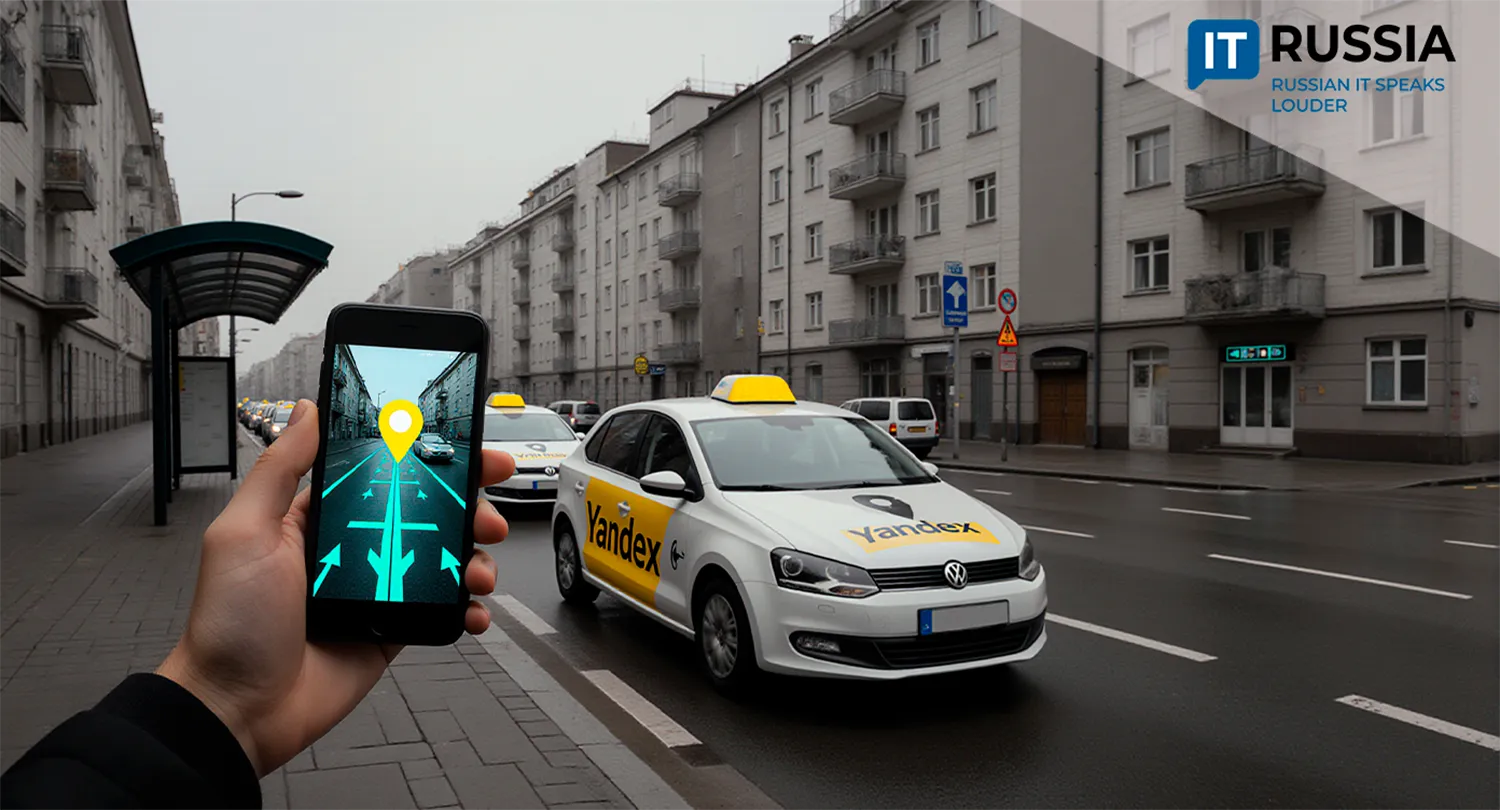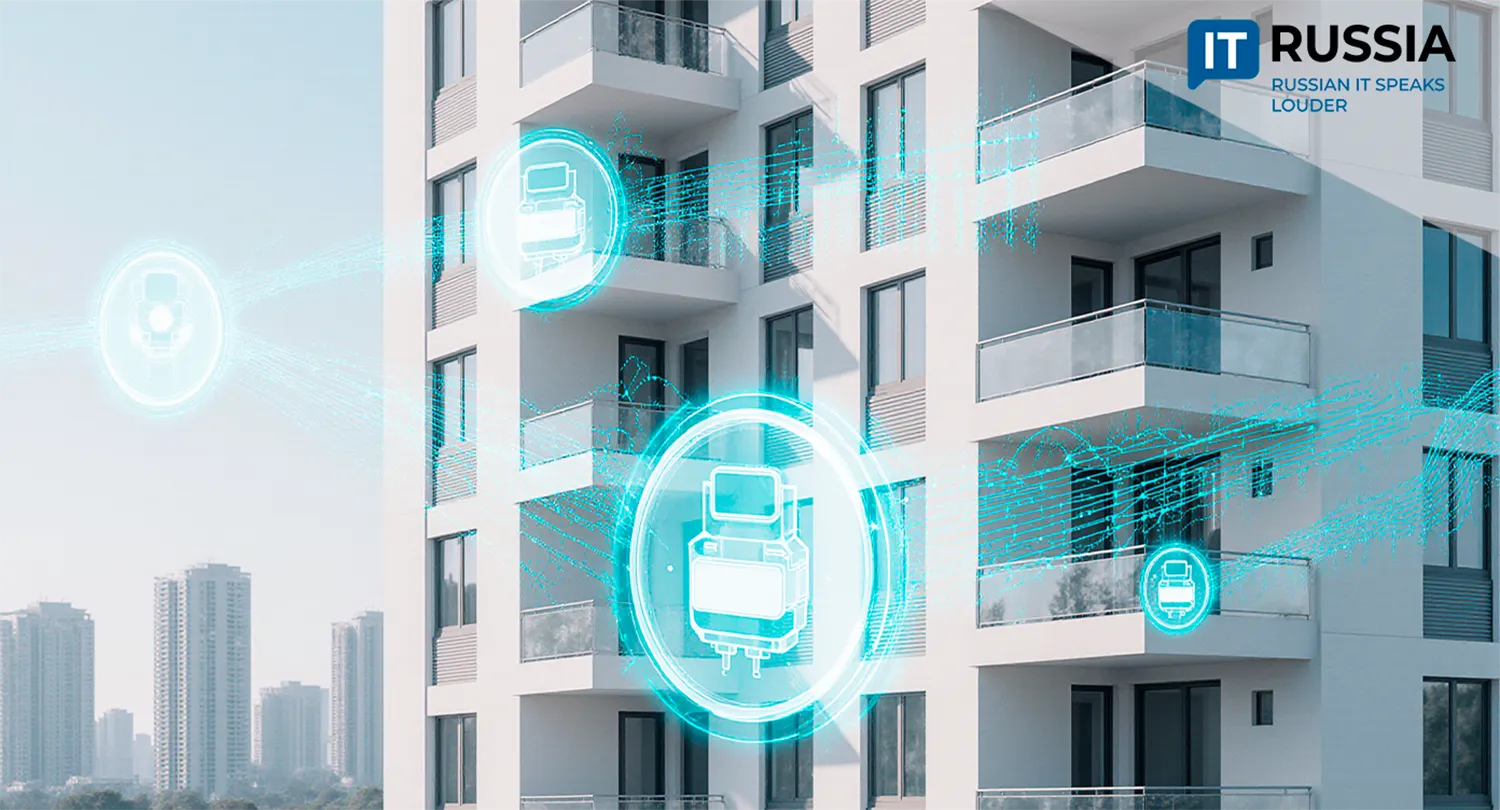Electric Cars Without Overheating
Researchers in Siberia have built a smarter way to charge lithium-ion batteries — promising faster charging and longer battery life. The breakthrough could reshape how electric vehicles and consumer electronics manage energy.
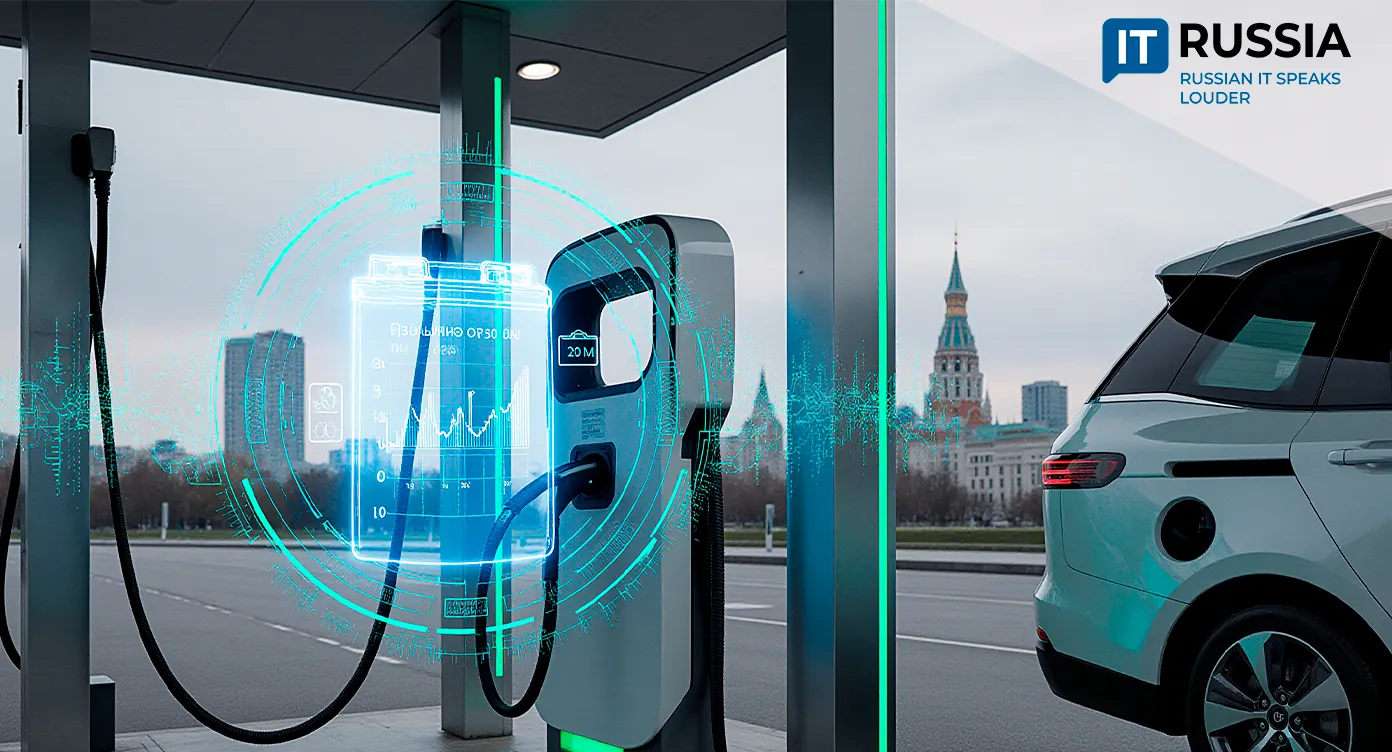
A Smarter Algorithm for Safer Batteries
The algorithm, developed under the leadership of Oleslav Antamoshkin, head of the Department of Software Engineering at SFU, represents a fundamentally new approach to battery charging management. The technology is based on gradually reducing charging current once certain voltage and temperature thresholds are reached, keeping the battery within a safe thermal range.
The unique feature of the Russian algorithm is its ability to dynamically adapt to the battery’s condition in real time, taking into account not only electrical but also thermal processes. The system automatically adjusts charging parameters depending on the current state of the battery, preventing dangerous thermal conditions and ensuring optimal charging speed.
The practical value of the SFU development is particularly significant for urban electric transport. The team plans to integrate the technology into public transport management systems, improving both efficiency and safety. Since lithium-ion batteries are used not only in transport but also in consumer electronics, the potential scope of application is much broader than the initial focus.
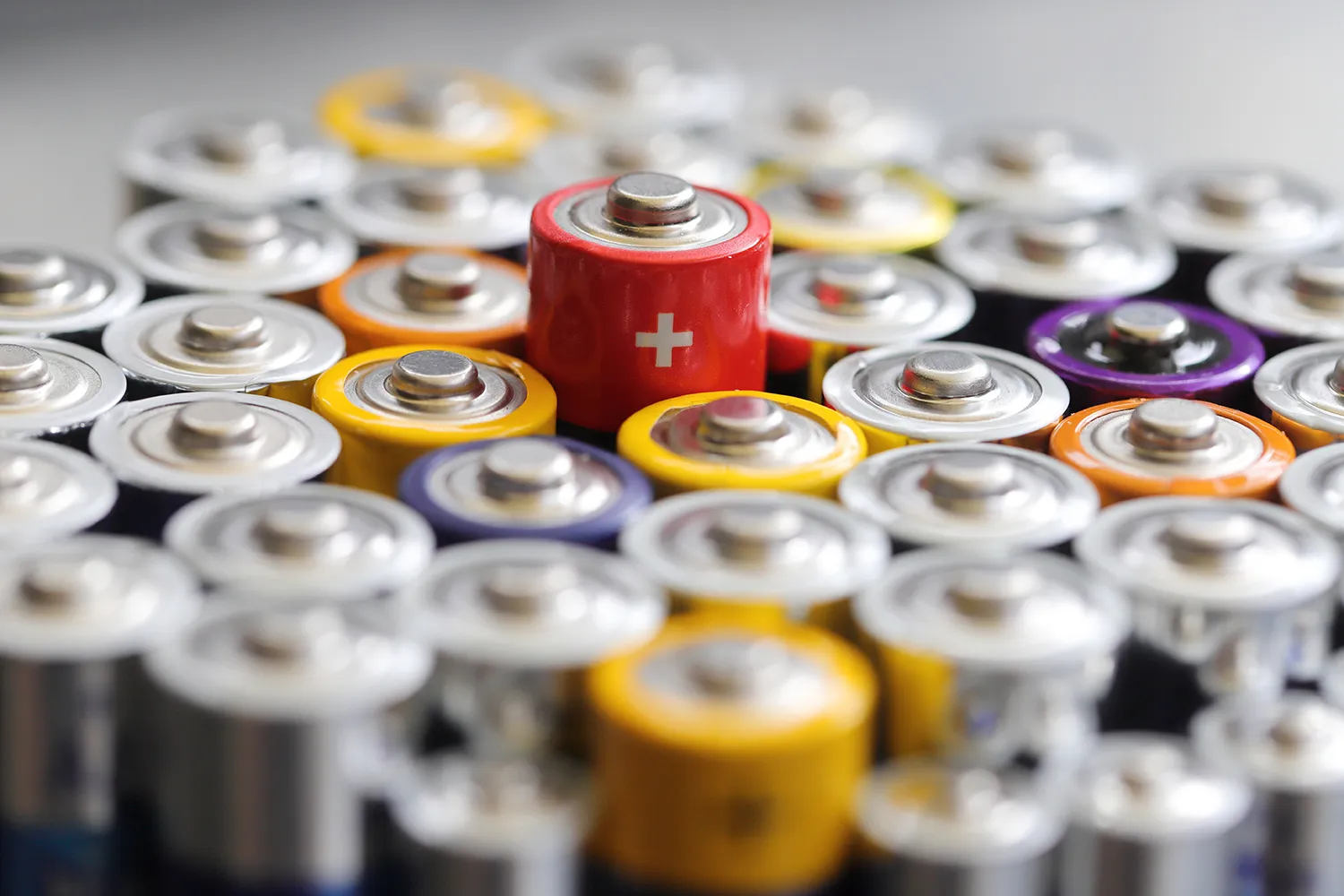
From Local Pilot to Global Market
The SFU innovation comes at a time of rapid development of electric transport infrastructure in Russian cities, creating ideal conditions for new battery management solutions. Moscow, for example, has rapidly expanded its fleet of electric buses: since early 2025, more than 50 ultra-fast charging stations have been connected, bringing the total to 400. By the end of 2027, another 117 stations will be added, raising the total to 900.
Russia’s transport strategy through 2030 emphasizes the development of electric transport and charging infrastructure, providing policy support for BMS algorithms that reduce overheating and degradation of batteries. The Russian algorithm fits well with these safety and efficiency requirements for modern battery management systems.
The export potential of the technology could be realized through licensing software solutions for international producers of electric vehicles and energy storage systems. On the global market, Russia could thus offer software-based innovations in battery management, bypassing the heavy capital costs of building manufacturing facilities and focusing on knowledge-intensive solutions.
Racing Ahead in the Global Battery Arms Race
The Krasnoyarsk researchers’ development comes amid an intense international race to improve charging speeds and battery lifespans. Chinese companies are setting high benchmarks: in 2025, BYD announced an ultra-fast charging system capable of restoring 400 kilometers of range in just five minutes.
CATL introduced its Shenxing Plus batteries with a 1,000-kilometer range and the ability to charge 600 kilometers in 10 minutes. Their 4C fast-charging technology restores energy at a rate of one kilometer per second but requires specialized infrastructure and imposes significant thermal stress on batteries.
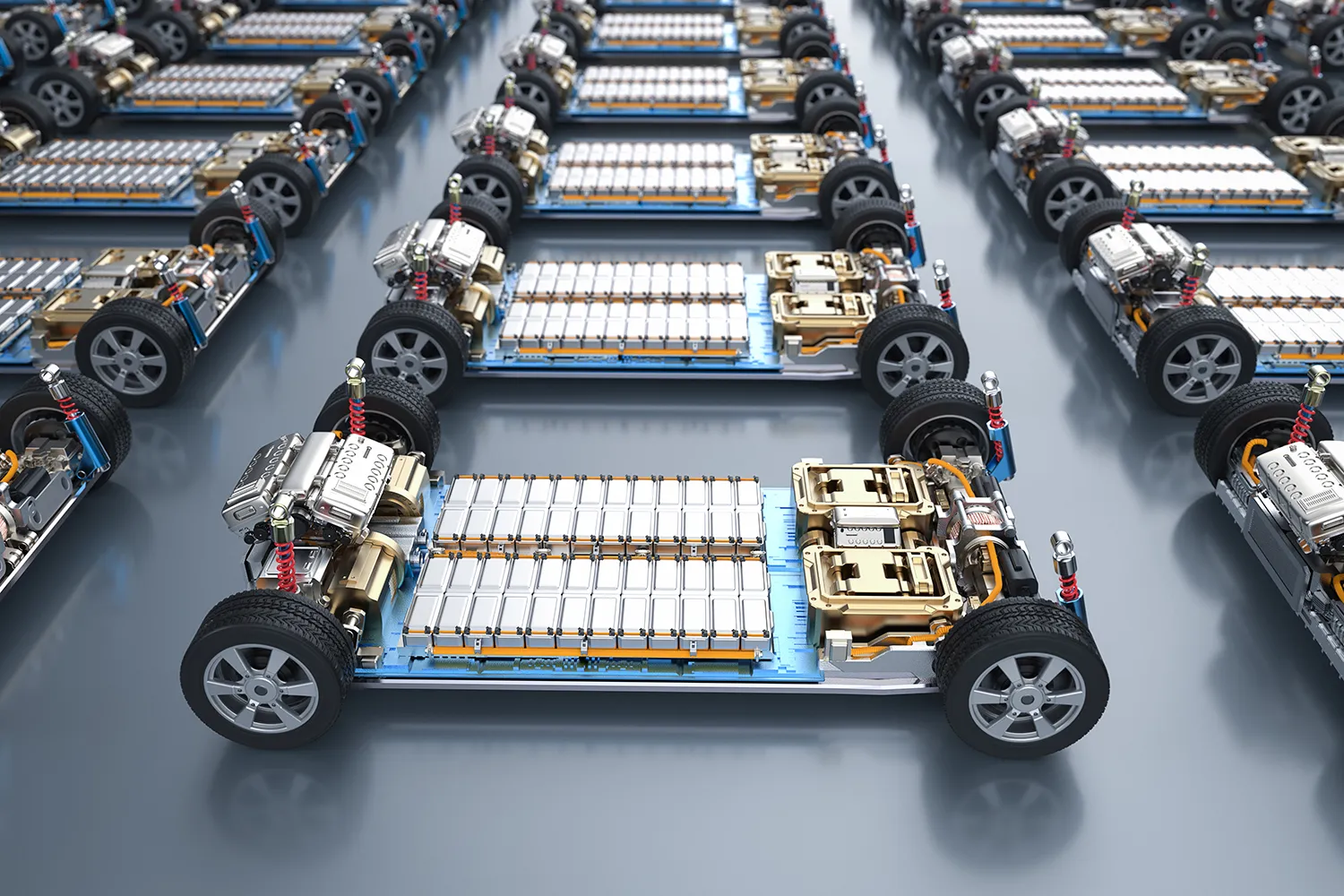
Russian researchers are also making progress on battery life extension. In 2025, Tomsk Polytechnic University presented a mathematical model that can extend the service life of electric bus batteries by 30–50% by accounting for temperature, driving profiles, and charging modes.
Equally important is the work of Skoltech and AIRI, which in 2025 demonstrated how machine learning accelerates the discovery of materials for solid-state lithium-ion batteries, improving safety. This shows how software methods such as BMS algorithms and materials science research are advancing hand in hand toward faster and safer battery technologies.
Beyond EVs: Building Energy Resilience
The SFU algorithm could become a key element in Russia’s import-independent electric transport solutions, especially with federal support through relevant ministries. Integration into national “green transport” programs would help scale the technology and create a competitive ecosystem for Russian electric mobility.
Future developments could include adaptive systems tailored to different types of batteries and operating conditions. Integration with AI could provide predictive battery management, preventing critical conditions before they occur.

The strategic value extends beyond transport. Battery management algorithms are also in demand in energy storage, space applications, and defense industries. Establishing a domestic school of BMS algorithm development strengthens Russia’s position in high-tech sectors.
In the long run, Russian battery management algorithms could form the foundation of a full-fledged electric transport ecosystem with domestic components. Proprietary software for managing energy systems ensures technological independence and lays the groundwork for exporting Russian solutions to global markets.
The success of the SFU algorithm could also stimulate advances in related areas of battery technology, including new materials, improved production processes, and intelligent monitoring systems. Together, these efforts could create a synergistic effect and reinforce Russia’s standing in energy technology research.





